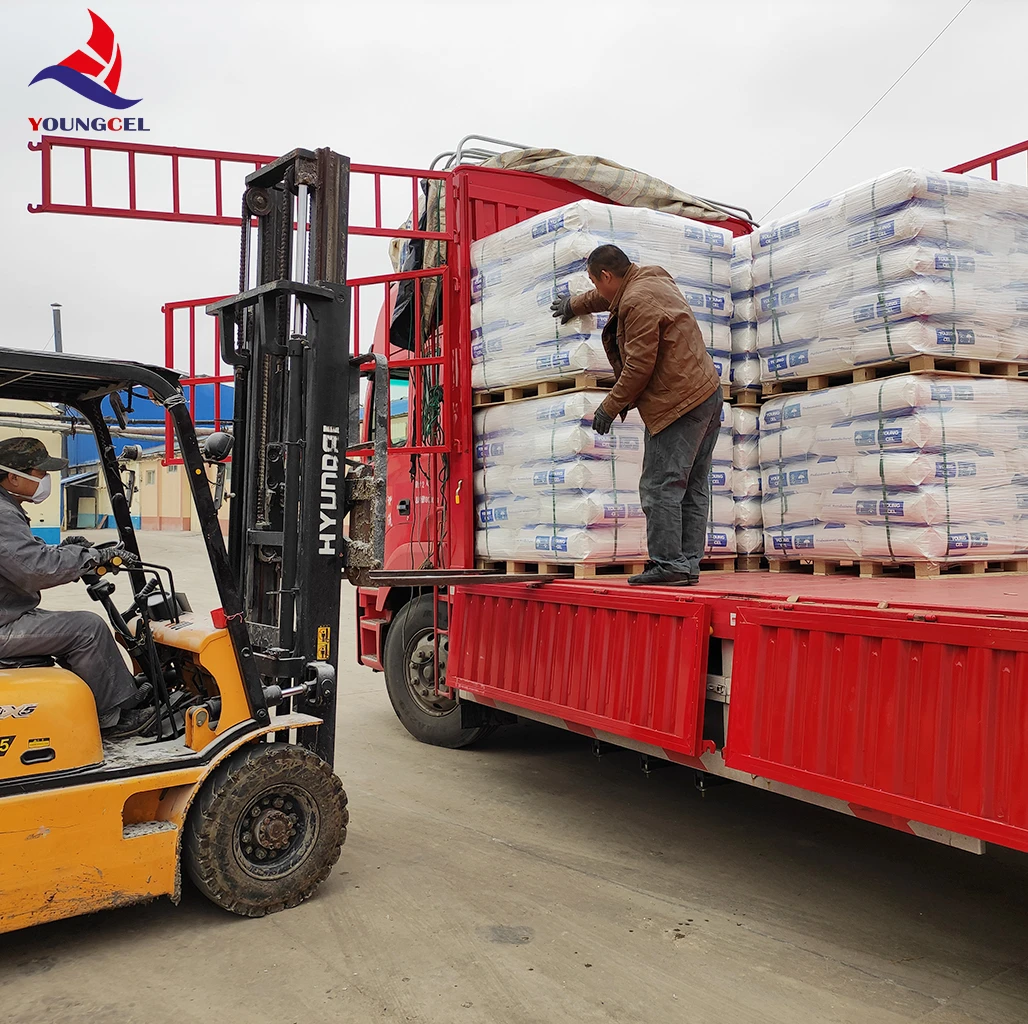HPMC for Tile Revolutionizing the Ceramic Industry
Hydroxypropyl Methylcellulose (HPMC) has become a cornerstone in the tile and ceramics industry due to its multifunctional characteristics and performance-enhancing properties. As the demand for high-quality and durable tiles continues to grow, manufacturers are increasingly turning to HPMC as a vital additive in their formulations. This article will explore the importance of HPMC in tile production, its benefits, and the future implications for the industry.
Understanding HPMC
HPMC is a non-ionic, water-soluble polymer derived from cellulose. Known for its thickening, binding, and film-forming properties, HPMC is widely used in various applications, including pharmaceuticals, food products, and construction materials. In the tile industry, HPMC serves as a crucial component in tile adhesives, grouts, and mid-coatings, contributing to improved performance and quality.
Enhancing Tile Adhesives
One of the primary applications of HPMC in the tile industry is its role in tile adhesives. When used in formulations, HPMC enhances the workability and spreadability of adhesives, allowing for easier application. This characteristic is particularly important for professional installers who require products that can be manipulated effectively without compromising adhesive properties.
Furthermore, HPMC provides excellent water retention, which is vital for ensuring optimal adhesion between tiles and surfaces. The water-holding capacity prevents premature drying, allowing for strong bond formation. This feature is crucial for both residential and commercial applications where heavy foot traffic is expected. Additionally, HPMC contributes to the flexibility of adhesives, accommodating minor movements in building structures and preventing potential cracks.
Benefits for Tile Grouts
hpmc for tile

HPMC is also integral to tile grout formulations. Its incorporation increases the viscosity of the mixture, which helps in reducing sagging and slumping during application. This is particularly beneficial for wall tiles, where maintaining stability during application is crucial. Moreover, the water retention capability of HPMC in grouts contributes to enhanced curing and hardening processes, resulting in stronger and more durable joints.
The addition of HPMC in grouts improves their overall aesthetic qualities as well. With better consistency and texture, grout mixtures become easier to work with, allowing for a more uniform finish. Furthermore, the use of HPMC can reduce efflorescence—white powdery deposits that can mar the appearance of tile surfaces—by controlling the moisture content.
Contributing to Sustainability
As the ceramic industry faces mounting pressure to adopt sustainable practices, HPMC stands out due to its eco-friendly profile. Derived from natural cellulose, it is biodegradable and non-toxic. The use of HPMC can reduce the overall carbon footprint of tile production by enabling manufacturers to produce formulations that require less energy during application and curing.
Additionally, HPMC allows for the utilization of low-SVOC (volatile organic compounds) formulations, aligning with the global shift towards more environmentally conscious products. By minimizing harmful emissions and promoting the use of sustainable materials, HPMC not only benefits the production process but also helps manufacturers meet stringent environmental regulations.
The Future of HPMC in the Tile Industry
The versatility and effectiveness of HPMC have solidified its place in the tile industry. As technology advances, the development of new grades and formulations of HPMC will likely enhance its applications further, providing even greater benefits. Ongoing research into modified versions of HPMC promises to unlock new possibilities in terms of performance and sustainability.
In conclusion, Hydroxypropyl Methylcellulose is a revolutionary additive that continues to transform the tile and ceramics industry. Its multifunctional characteristics enhance adhesive and grout performance, improve workability, and contribute to sustainable practices. As the industry evolves, HPMC will undoubtedly play a crucial role in shaping the future of tile production, ensuring that consumers receive high-quality, durable, and environmentally friendly products.
-
Rdp Powder: Key Considerations for Wholesalers in the Building Materials IndustryNewsJul.08,2025
-
Key Considerations for Wholesalers: Navigating the World of Hpmc - Based ProductsNewsJul.08,2025
-
Hpmc Detergent: Key Considerations for WholesalersNewsJul.08,2025
-
Key Considerations for Wholesalers: China Hpmc For Tile Adhesive, Coating Additives, Concrete Additives, and MoreNewsJul.08,2025
-
Crucial Considerations for Wholesalers: Navigating the World of Construction MaterialsNewsJul.08,2025
-
Key Considerations for Wholesalers Sourcing Additive For Cement, Additive For Concrete, Additive For Putty from Additive Manufacturer Shijiazhuang Gaocheng District Yongfeng Cellulose Co., Ltd.NewsJul.08,2025




